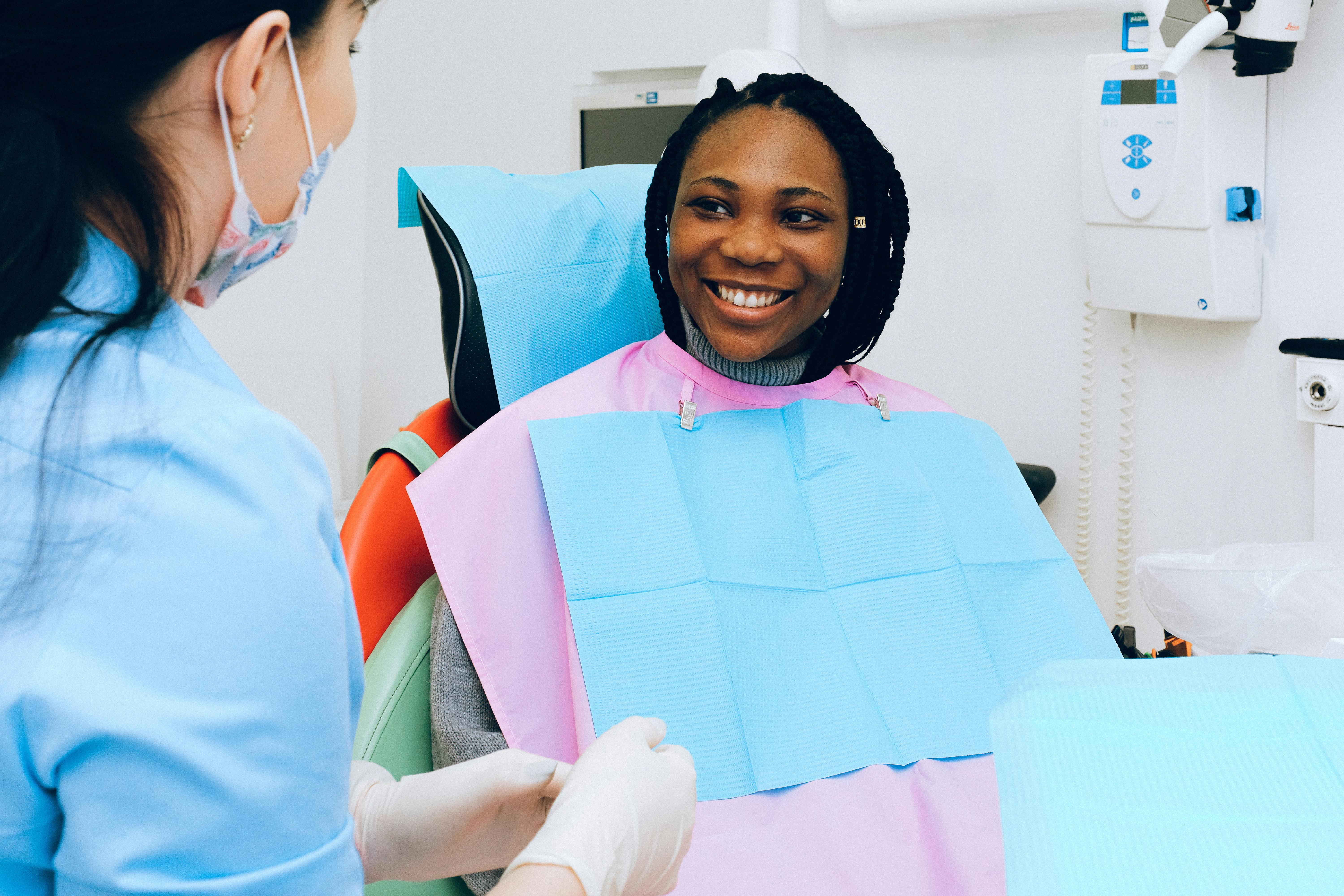Understanding IUI success rates by age and diagnosis helps you make informed decisions about your fertility journey. While success rates vary significantly based on individual factors, knowing what to expect can guide your treatment planning and emotional preparation.
What Are Realistic IUI Success Rates?
Intrauterine insemination (IUI) success rates depend heavily on your age, underlying fertility diagnosis, and individual circumstances. The overall success rate per cycle ranges from 10-20%, but this broad range doesn't tell your personal story.
Success rates are typically measured as pregnancies achieved per cycle, though live birth rates provide a more meaningful picture of treatment outcomes. At Avida Fertility, we focus on helping you understand both statistics to set realistic expectations.
IUI Success Rates by Age
Age significantly impacts IUI success rates because egg quality and quantity naturally decline over time. Here's what current data shows:
| Age Group | Success Rate Per Cycle | Live Birth Rate Per Cycle | Cumulative Success (3 cycles) |
|---|---|---|---|
| Under 35 | 15-20% | 12-17% | 35-45% |
| 35-37 | 12-15% | 10-13% | 30-38% |
| 38-40 | 8-12% | 6-10% | 20-28% |
| 41-42 | 5-8% | 3-6% | 12-18% |
| Over 42 | 2-5% | 1-3% | 5-12% |
These numbers represent averages across different diagnoses. Your individual success rate may be higher or lower depending on your specific situation and fertility factors after 40.
Success Rates by Fertility Diagnosis
Your underlying fertility diagnosis plays a crucial role in determining IUI success rates. Different conditions respond differently to this treatment approach.
Unexplained Infertility
Couples with unexplained infertility often see good IUI success rates, especially when combined with ovarian stimulation medications.
| Age Group | Success Rate with Unexplained Infertility | With Ovarian Stimulation |
|---|---|---|
| Under 35 | 18-22% | 20-25% |
| 35-40 | 12-16% | 15-20% |
| Over 40 | 6-10% | 8-12% |
Male Factor Infertility
IUI can be particularly effective for mild to moderate male factor issues, including low sperm count or motility problems. The success depends on the severity of the male factor.
| Sperm Parameter | IUI Success Rate | Recommended Approach |
|---|---|---|
| Mild oligospermia (low count) | 12-18% | IUI with sperm wash |
| Moderate motility issues | 10-15% | IUI with preparation |
| Severe male factor | 5-8% | Consider IVF with ICSI |
For couples dealing with sperm quality concerns, IUI offers a less invasive option before considering more advanced treatments.
Ovulation Disorders
Women with ovulation disorders, including PCOS, often respond well to IUI when combined with ovulation-inducing medications.
| Condition | IUI Success Rate | Key Considerations |
|---|---|---|
| PCOS (regular cycles achieved) | 15-20% | Weight management important |
| Hypothalamic dysfunction | 12-18% | Stress reduction beneficial |
| Premature ovarian insufficiency | 2-5% | May require donor eggs |
Cervical Factor Infertility
IUI bypasses cervical mucus issues, making it highly effective for this specific diagnosis.
| Age Group | Success Rate with Cervical Factor |
|---|---|
| Under 35 | 20-25% |
| 35-40 | 15-20% |
| Over 40 | 8-12% |
Factors That Influence Your IUI Success
Beyond age and diagnosis, several factors can impact your IUI success rates. Understanding these helps you optimize your treatment approach.
Lifestyle Factors
Your daily habits significantly influence treatment outcomes. Lifestyle modifications can improve your chances of success.
| Factor | Impact on Success | Recommended Action |
|---|---|---|
| BMI (18.5-24.9) | Optimal success rates | Maintain healthy weight |
| Smoking | Reduces success by 30-50% | Complete cessation recommended |
| Alcohol consumption | Moderate impact | Limit to 1-2 drinks/week |
| Stress levels | Can affect ovulation | Stress management techniques |
Treatment Protocol Factors
The specific approach your clinic takes can influence success rates. At Avida Fertility, we customize protocols based on your individual needs.
| Protocol Element | Impact on Success |
|---|---|
| Ovarian stimulation medication | Can increase success by 2-3x |
| Timing precision | Critical for optimal results |
| Sperm preparation technique | Affects sperm quality |
| Monitoring frequency | Ensures optimal timing |
Medications and IUI Success Rates
The choice of fertility medications can significantly impact your IUI success rates. Different medications work better for different diagnoses and age groups.
Clomid vs. Letrozole
Both medications stimulate ovulation, but they work differently and may have varying success rates for different patients.
| Medication | Success Rate Increase | Best For | Side Effects |
|---|---|---|---|
| Clomid | 2-3x natural cycle | First-line treatment | Mood changes, hot flashes |
| Letrozole | 2.5-3x natural cycle | PCOS patients | Fewer side effects |
| Injectable gonadotropins | 3-4x natural cycle | Poor responders | Higher multiple pregnancy risk |
Your fertility specialist will recommend the most appropriate medication based on your diagnosis, age, and previous treatment responses. Learn more about letrozole versus clomid for ovulation to understand these options better.
How Many IUI Cycles Should You Try?
Most fertility specialists recommend trying 3-6 IUI cycles before considering more advanced treatments like IVF. The decision depends on several factors:
| Factor | Recommended Cycles | Considerations |
|---|---|---|
| Age under 35 | 4-6 cycles | Higher cumulative success rates |
| Age 35-40 | 3-4 cycles | Time factor becomes important |
| Age over 40 | 2-3 cycles | May benefit from moving to IVF sooner |
| Male factor infertility | 3-4 cycles | Consider IVF with ICSI if unsuccessful |
The cumulative success rate increases with each cycle, but the improvement diminishes after the third or fourth attempt. Understanding how many IUI cycles to try before IVF helps you plan your treatment timeline effectively.
When to Consider Moving from IUI to IVF
While IUI is less invasive and more affordable than IVF, there are situations where moving to more advanced treatment makes sense:
| Situation | Recommendation | Reason |
|---|---|---|
| 3-4 failed IUI cycles | Consider IVF | Cumulative success plateaus |
| Age over 40 | Earlier IVF consideration | Time sensitivity increases |
| Severe male factor | IVF with ICSI | Higher success rates |
| Tubal factor infertility | IVF recommended | IUI bypasses issue incompletely |
| Endometriosis (moderate-severe) | Consider IVF | Better outcomes with IVF |
Your fertility team will help you evaluate when it's time to transition to IVF treatment based on your individual circumstances and treatment goals.
Emotional Considerations and Realistic Expectations
Understanding success rates is important, but managing expectations and emotional well-being throughout treatment is equally crucial. Each cycle brings hope and potential disappointment.
Remember that success rates are population averages. Your individual journey may be different. Some couples achieve pregnancy on their first IUI cycle, while others need multiple attempts or different treatments.
Consider building a support system and exploring emotional coping strategies as you navigate treatment. The psychological aspect of fertility treatment is as important as the medical component.
Optimizing Your IUI Success
While you can't control all factors affecting IUI success, you can take steps to optimize your chances:
| Optimization Strategy | Potential Impact | Implementation |
|---|---|---|
| Preconception health | 10-15% improvement | Vitamins, healthy diet, exercise |
| Stress management | 5-10% improvement | Meditation, counseling, support groups |
| Timing optimization | Critical for success | Careful monitoring, trigger shots |
| Partner preparation | Varies by male factor | Lifestyle changes, supplements |
Taking fertility supplements and maintaining a healthy lifestyle can support your treatment success. Your fertility team will provide specific recommendations based on your individual needs.
Cost Considerations and Treatment Planning
IUI is generally more affordable than IVF, making it an attractive first-line treatment option. However, multiple cycles can add up, and insurance coverage varies.
| Treatment Aspect | Typical Cost Range | Considerations |
|---|---|---|
| IUI cycle (medication included) | $800-$2,000 | Varies by medication protocol |
| Monitoring (ultrasounds, blood work) | $300-$600 | Frequency depends on protocol |
| Sperm preparation | $200-$400 | Usually included in cycle cost |
| Multiple cycles (3-4) | $3,000-$8,000 | Consider package pricing |
At Avida Fertility, we offer transparent pricing and financing options to make treatment accessible. We'll help you understand the financial investment and plan accordingly.
Frequently Asked Questions About IUI Success Rates
What is the success rate of IUI on the first try?
First-cycle IUI success rates range from 10-20% depending on age and diagnosis. While some couples achieve pregnancy immediately, most require multiple cycles for success.
Does IUI work better with fertility drugs?
Yes, IUI combined with ovarian stimulation medications typically doubles or triples success rates compared to natural cycle IUI. The medications help produce multiple eggs, increasing the chances of fertilization.
How does age affect IUI success rates?
Age significantly impacts IUI success rates due to declining egg quality and quantity. Women under 35 have the highest success rates (15-20% per cycle), while rates decrease to 2-5% per cycle for women over 42.
When should I consider IVF instead of IUI?
Consider IVF after 3-4 failed IUI cycles, if you're over 40, have severe male factor infertility, blocked fallopian tubes, or moderate to severe endometriosis. Your fertility specialist will help determine the best timing for transition.
Can lifestyle changes improve IUI success rates?
Yes, maintaining a healthy BMI, avoiding smoking and excessive alcohol, managing stress, and taking appropriate supplements can improve IUI success rates by 10-15%.
What happens if IUI doesn't work?
If IUI doesn't result in pregnancy after several cycles, your fertility team will reassess your diagnosis and recommend next steps, which may include IVF, additional testing, or treatment modifications.
The Avida Fertility Advantage
At Avida Fertility, we understand that success rates are just one part of your fertility journey. Our approach combines cutting-edge technology with personalized care to optimize your chances of success.
Our experienced team uses advanced monitoring techniques, precise timing protocols, and individualized medication regimens to maximize your IUI success potential. We also provide comprehensive support throughout your treatment, helping you navigate both the medical and emotional aspects of fertility care.
We believe in transparent communication about realistic expectations while maintaining hope and providing the highest quality care. Our success rates reflect our commitment to excellence, but more importantly, we're committed to supporting you through every step of your journey.
Understanding realistic success rates helps you make informed decisions about your fertility treatment path. Whether IUI is your first step or part of a broader treatment plan, we're here to guide you with expertise, compassion, and hope.
Considering IUI treatment? Avida Fertility is here to support and guide you on your fertility journey. Reach out today for a personalized consultation and take the first step towards building your family with confidence.






.png)







.svg)
.svg)
